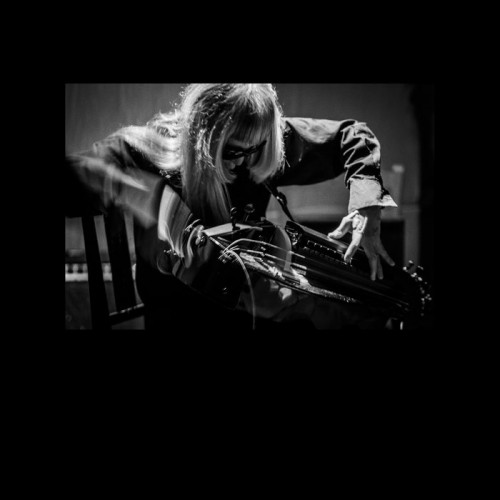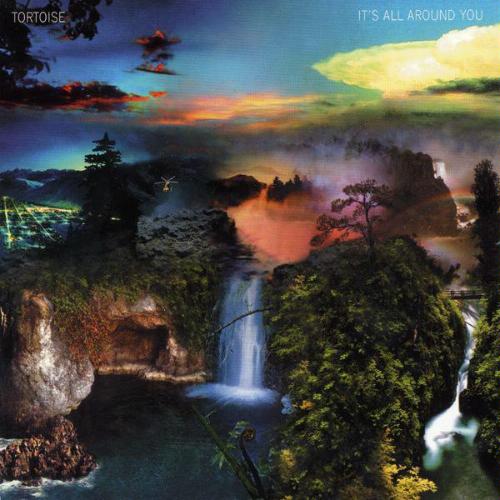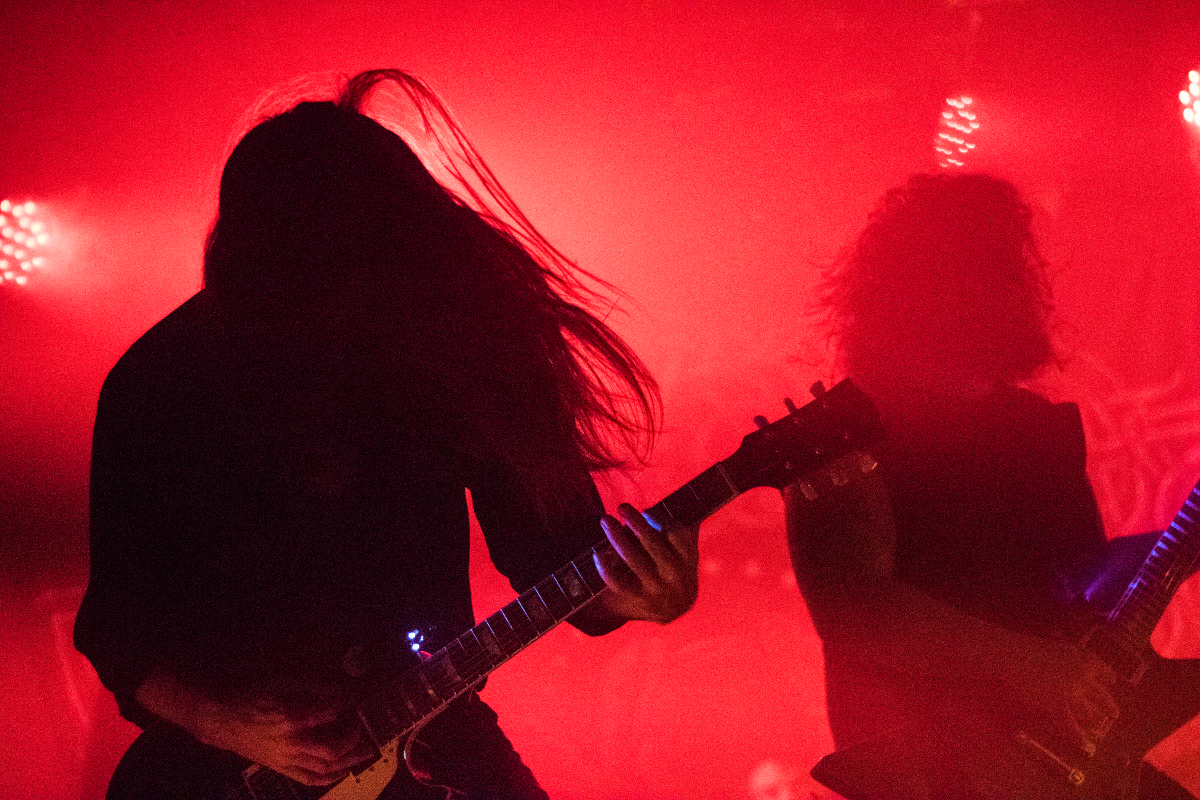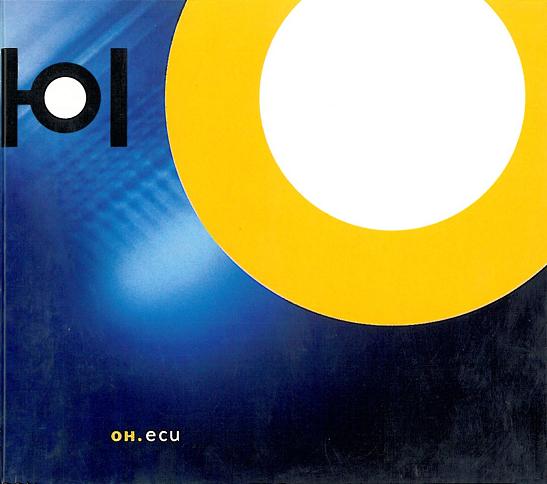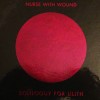 I like to think these were lullabies, bedtime ambience for Steven Stapleton and Diana Rogerson’s daughter Lilith, born in the same year this was first released, the album’s shapes spinning the horsey mobiles as she slipped into the deep nether world of unconsciousness, that wordless sparkle of fertile imaginings. This, remains for me, one of Nurse With Wound’s best, born out of some studio electrical fault, obscurity divined by a feedback henge of effects pedals. The original no-input cabbalism where Stapleton was the vital conduit, hands hovering, fingers endlessly reconfiguring the evolving hum.
I like to think these were lullabies, bedtime ambience for Steven Stapleton and Diana Rogerson’s daughter Lilith, born in the same year this was first released, the album’s shapes spinning the horsey mobiles as she slipped into the deep nether world of unconsciousness, that wordless sparkle of fertile imaginings. This, remains for me, one of Nurse With Wound’s best, born out of some studio electrical fault, obscurity divined by a feedback henge of effects pedals. The original no-input cabbalism where Stapleton was the vital conduit, hands hovering, fingers endlessly reconfiguring the evolving hum.
I shall find a quiet pool in the forest and I shall be alone there often. I shall gaze into the deep, still water and that stillness will be in me. I shall sleep by my pool and dream, and I shall leave you messages in oracles and poems. Or you may dream with me, (for you are as much myself as I am you and your dreams are also my dreams) you may join me and wait through the night till the animals come to drink. Then I will show you the shape changing and we will become the animals. My magick can heal, for it comes from the place where there is no separation and we are all one, where the water of the pool merges again and is lost in the ocean.
It’s pretty much perfection, milking a chilling ambience throughout its two-and-a-half hour duration, the first two discs incremented in threes, the last neatly sliced in two. Each track dishing different flavours that mysteriously shimmer in your mind’s eye, hook you into a host of elsewheres. There’s definitely a sense of the sacred, the second disc (my favourite), knotting this ritualistic verve up in bassy heralds and concurrent tides of swarfing, swaying gravities. It’s very Troum-like in its depths, to which the self is sacrificed, somnambulistically washed. Something which the second track tortures in hazing sibilance and amorphic twists, giving you the heebejeebies in a convex hex of tumour-like blooms. The next, an altogether lighter, delicate experience, harmonically dittoing a diaphanous swell of slow-mo scythes like a distended apparition of some harmonica player in a Sergio Leone western being gradually crystallised.
The third and final disc curves things off with two slowly creeping tracks that are even more meditative than the preceding, but tiptoe disquieting menace. The first a ket-curling erosion of existence and scattering dusts, in which a rotten-faced Avon lady rings an infinite doorbell from outer space whilst cutting zither-like diamonds from her eyes. Then after 40 seconds of oblivion, a rebus-stripped requiem follows, holds you in a catatonic gasp of jangling convicts and chimera(ing) corridors, a sinister curdling that seems to elongate time into itself.A truly mesmerising collection that is absolutely essential. People bandy the term classic about too much these days, but Soliloquy For Lilith deserves the accolade 100%. Up there with the godfathers of minimalism — and dare I say it, infinitely better.
As the revised sleeve notes say, “Our thanks to Electricity for making this recording possible”.
-Michael Rodham-Heaps-
